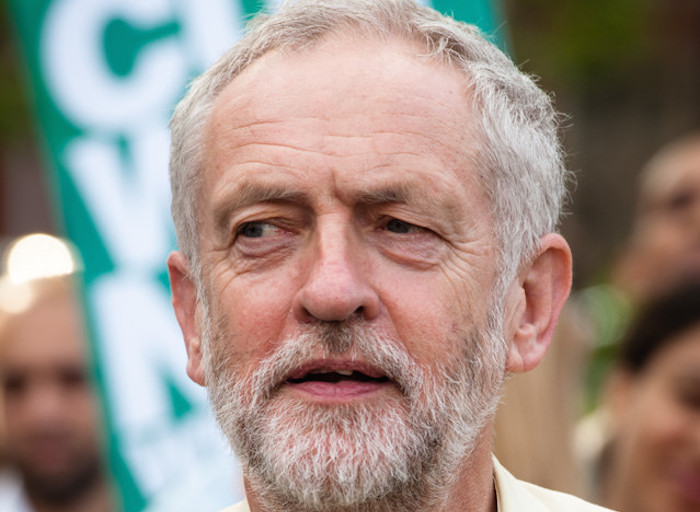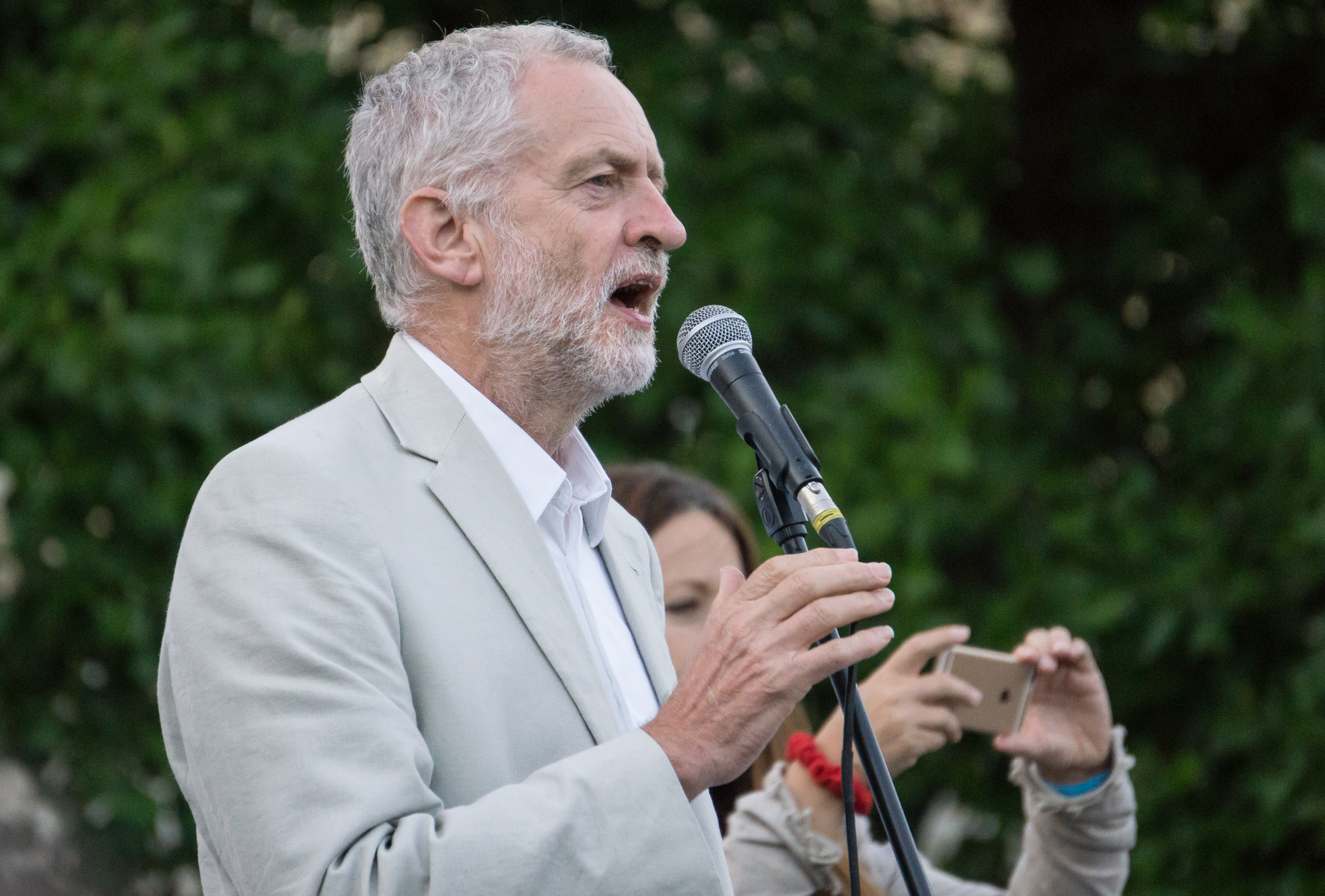The Labour conference this year was something of a surreal experience for me, having grown up in the New Labour years of perfectly crafted ‘managerial-like’ conference speeches, full of buzzwords and hyperbole.
Watching Jeremy Corbyn take to the stage, cheered on by his new front bench colleagues, John McDonnell (I’m still pinching myself), and Diane Abbott (pinching harder) was definitely surreal. But, at the same time, somewhat refreshing.
The first half of the speech saw trip-ups on words, a few digs at the tabloid press, and some impassioned words of defence for the trade unions and human rights; all welcome additions, somewhat neglected under New Labour, and all certainly adding something to Corbyn’s ‘what you see is what you get’ image.
He came across down-to-earth, relaxed and human. So far so good.
Though, as the speech went on I couldn’t help thinking that he was playing to the gallery to an extent: telling new members what they wanted to hear instead of addressing the country.
Whether this is a one off or a sign of things to come we will find out, but there was no mention on why the 2015 election was lost, and on how Labour could win again in 2020.
I am mindful though that this is Corbyn’s first conference speech as leader, which possibly explains the lack of clear message, or policy direction at this early stage.
The other issue of contention in the speech was Corbyn’s decision to, once again, bring up the issue of Trident renewal, making his anti-nuclear position clear to a mixed response from the audience.
Half the hall cheered enthusiastically, whilst the other half sat in silence (including half of Corbyn’s shadow cabinet), highlighting a clear division in the Labour ranks on this issue.
It was frustrating to watch because for me, this is not a fight Corbyn needs to pick now, as the issue of Trident renewal will not be before Parliament until next year; in any case, the Conservative majority in the House of Commons means that its renewal is pretty much an inevitability regardless of Corbyn’s own personal stance.
With this in mind, it is strange that Labour’s new leader seems prepared to risk shadow cabinet resignations, party morale, and even his own position by keeping this issue on the agenda.
The issue of Britain’s nuclear deterrent was once again brought up by Corbyn on the Today programme the next day, as he went a step further, saying he would “never” be prepared to use the nuclear option, even if it is renewed.
This admission sent the shadow cabinet into a frenzy, as a host of frontbenchers came out to reject Corbyn’s use of words, with Andy Burnham and Charlie Falconer both suggesting they could resign over the issue.
Corbyn’s decision to use such stark language is, although commendable for its honesty, a poor tactical decision, as he has both pre-empted Labour’s policy review on the matter, due later this year, and at the same time, played into Cameron and Osborne’s hands (both were again quick to point to Corbyn’s comments as confirming him a ‘threat to national security’).
That said, the lack of spin, dramatic music or fanfare around the speech, along with Corbyn’s decision to go against protocol by not bringing his wife on stage added to the sense that this is a new era of Labour politics.
The new leader and his team must be given time to try and craft a strategy to get Labour elected again, but I worry about his political judgement in certain cases.
Though, with five years until 2020, there is plenty of time for this to change. Although on Trident a solution is less easy to imagine; eventually Labour will have to come to a collective position.
The ‘open debate’ promised by Corbyn and shadow chancellor John McDonnell is certainly refreshing, but surely not sustainable, and it seems like only a matter of time before the first domino falls over this issue.
Simon Garland Jones




